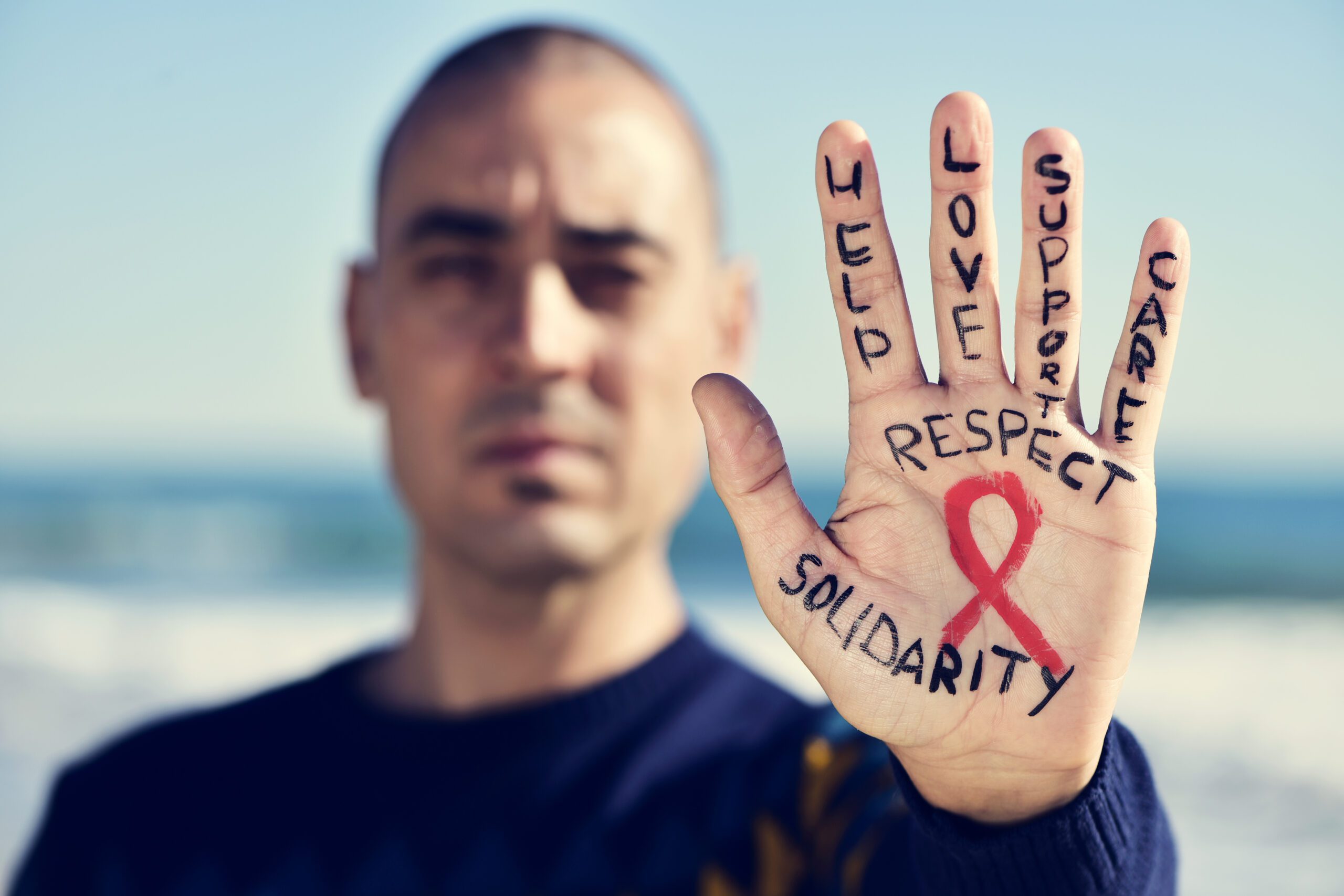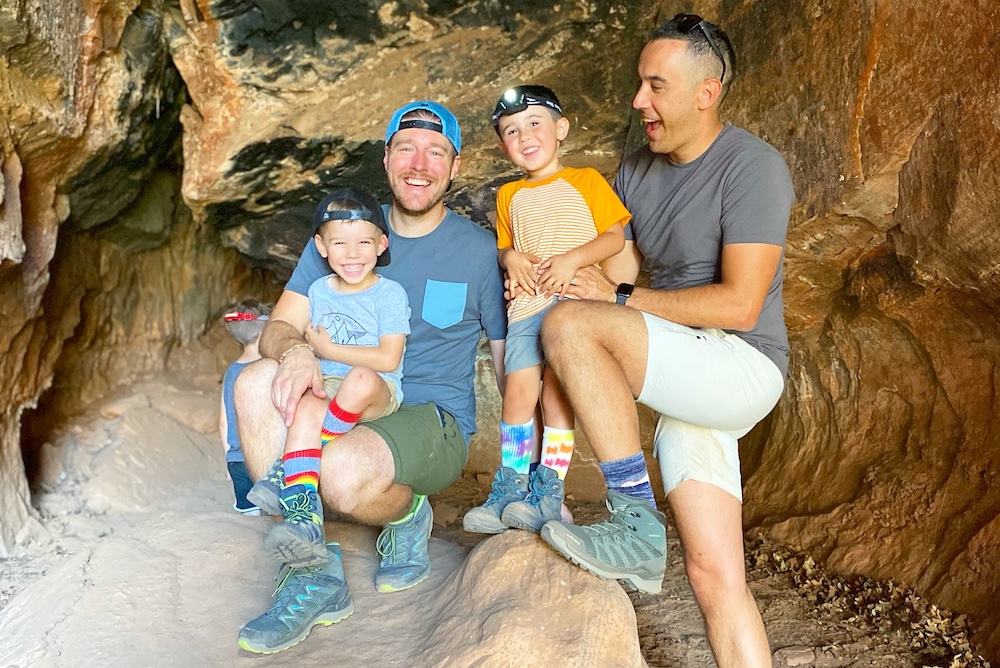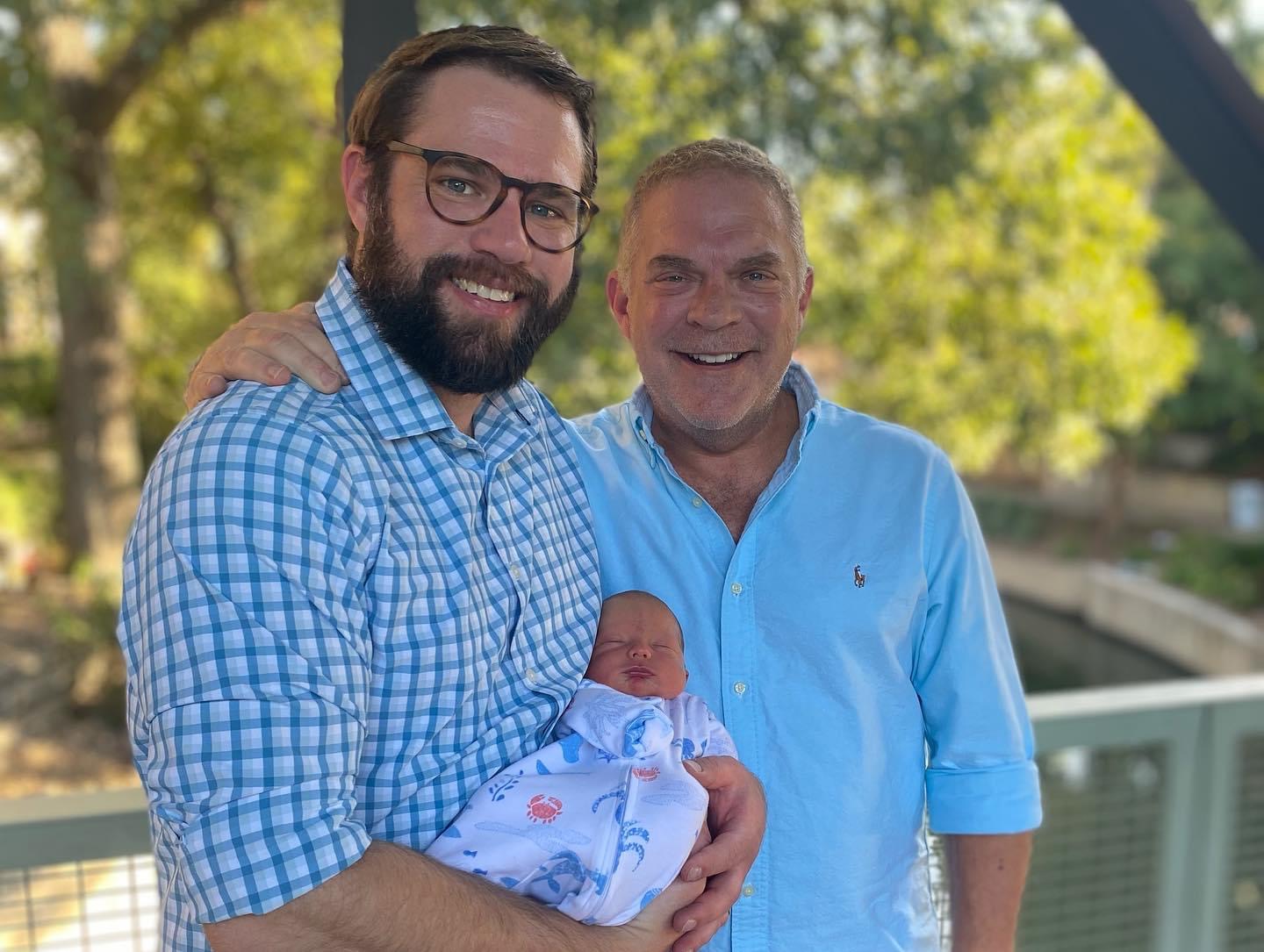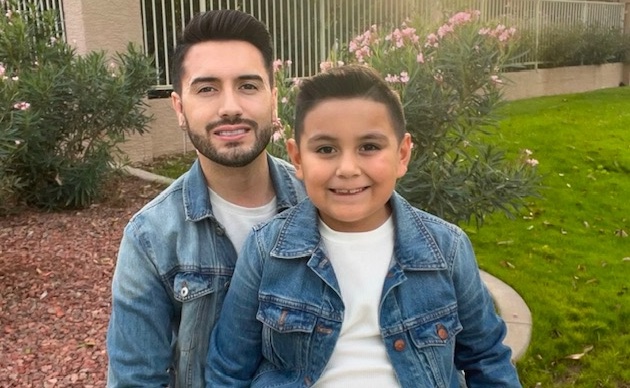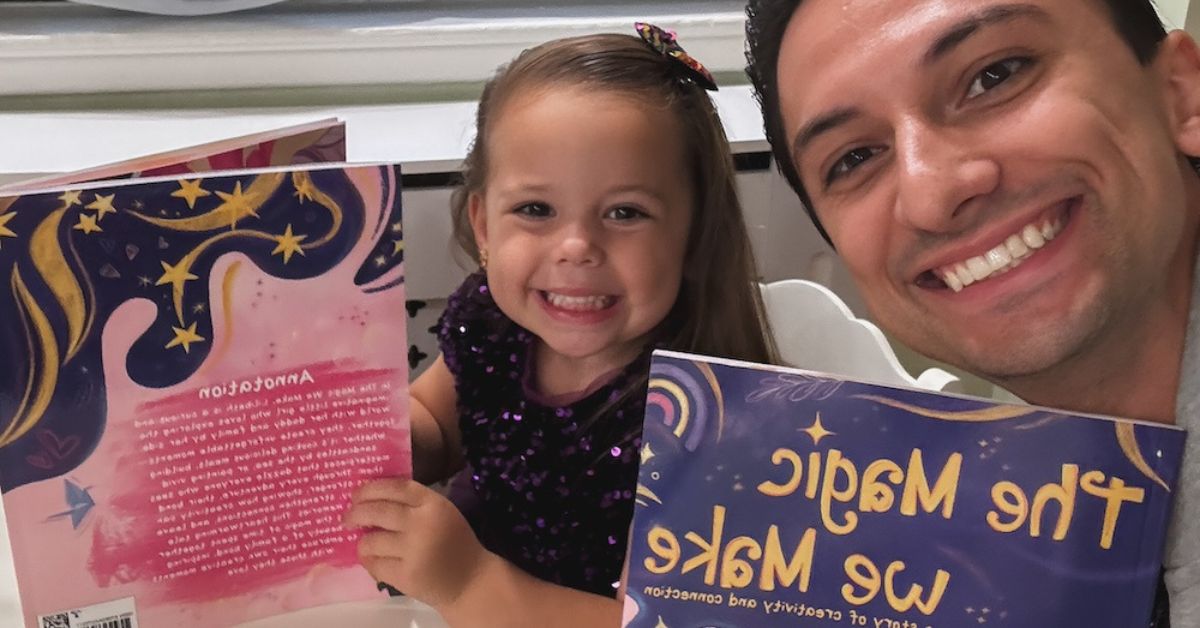This year marks the 40th anniversary of the beginning of the AIDS epidemic — a now famous headline in the New York Times in June of 1981 read, “Rare Cancer Seen in 41 Homosexuals.” So much has changed in our knowledge around HIV and AIDS since that time. We now know HIV is neither a cancer, nor something just impacting gay men — though it has certainly taken its toll on our community and robbed us of so many.
It’s not a stretch to say that the world today for gay, bi and trans men looks pretty unrecognizable compared to the 1980s and 1990s — when an HIV diagnosis was, for most, a death sentence. Today, most people living with HIV (at least those with access to life-saving drugs) can lead long happy productive lives, like anyone else. Today, we have PReP, a pill which, if taken daily, prevents transmission. Today, queer men with HIV can now even become biological fathers without passing on the virus. These are truly remarkable developments, particularly to those who lived through the height of the epidemic and are still here to tell their stories.
One of those people is our co-founder, Brian Rosenberg. Though it’s not often discussed so overtly, HIV and AIDS has also played a huge factor in the lives of queer dads, and those who have hoped to become dads, over the years — something we spoke about with Brian on our most recent podcast, published this past December 1st on World Aids Day. Back in the 1990s, “almost no one I knew, or knew of, thought about fatherhood,” Brian said, who has been HIV positive for over 30 years now. “We were all wondering when we were going to get AIDS and die.”
That, fortunately, was not Brian’s fate — allowing he and his husband Ferd to turn their attention from survival towards fulfilling a lifelong dream they had figured was forever out of their reach: becoming dads. They soon learned, however, that achieving this goal would be easier said than done. Having lost an entire generation of gay men to AIDS, there were few resources available, and even fewer role role models to turn to for guidance, as they began creating their family through a combination of adoption and surrogacy, both incredibly complicated processes. Brian vowed to make it easier for future generations of queer men to become dads — and thus Gays With Kids was born, nearly eight years ago now.
An important exception to the lack of available role models, Brian points out, was his fellow podcast guest last week — psychiatrist Dr. Marshall Forstein, who along with his husband became the first gay couple to adopt a child in Massachusetts. Besides filling us in on what that process was like (spoiler: it was not easy), Dr. Forstein also spoke with us about treating gay men throughout the 1980s and 1990s, and the toll HIV and AIDS took, and continues to take, on the mental health of our community.
At Gays With Kids, we will continue to make it part of our mission to search out and publish stories about the impact of HIV and AIDS on our community — not just on World Aids Day, but all year around. These include stories like our feature this week, by Collin Kather, about a gay man who lost his two adoptive dads to the virus in 1994 within five days of each other. They will also include resources like this comprehensive guide we published earlier this year for HIV positive queer men interested in becoming biological dads through surrogacy. I hope you’ll read and share these stories as a way to help remember those we lost, celebrate how far we’ve come, and spotlight how far we’ve yet to go.

